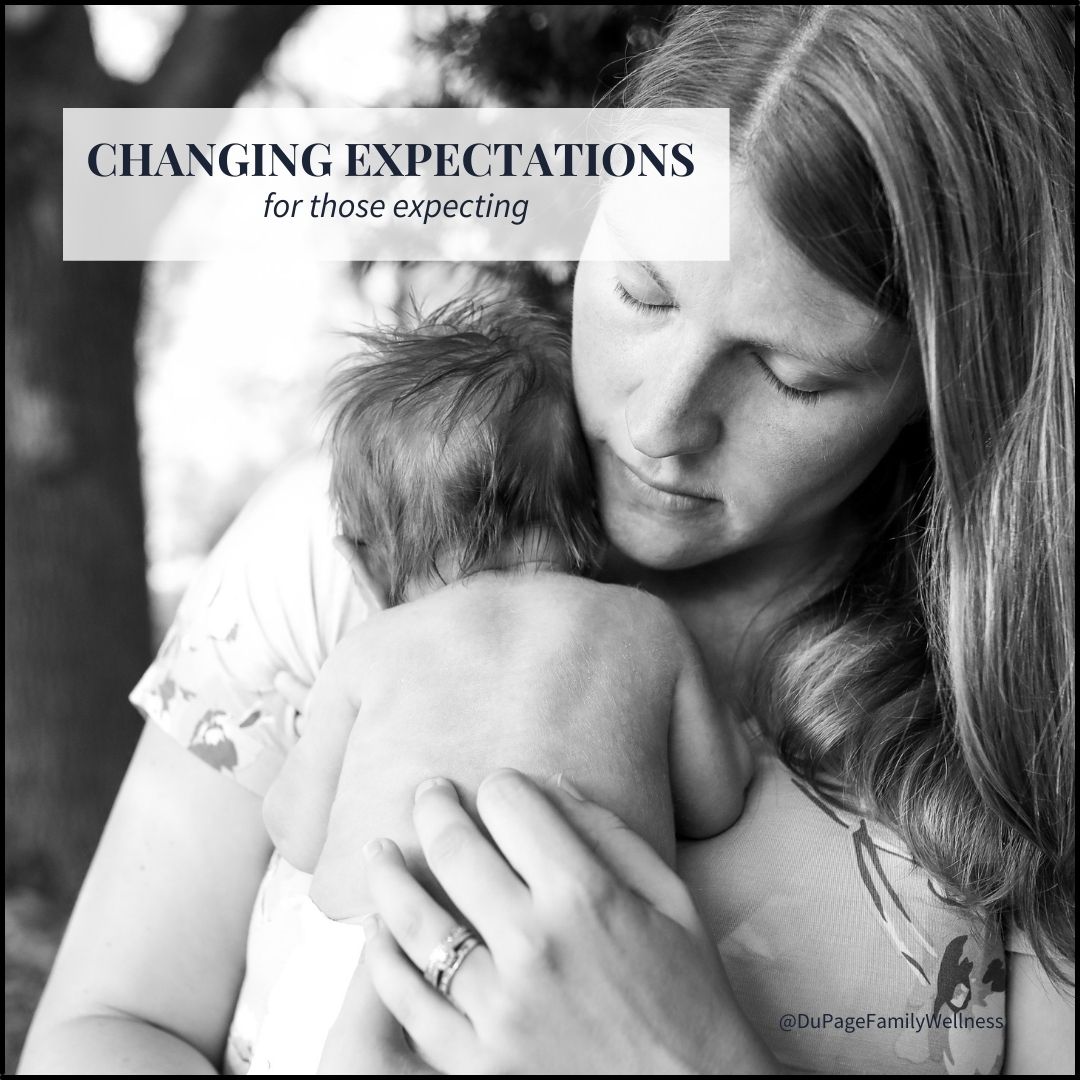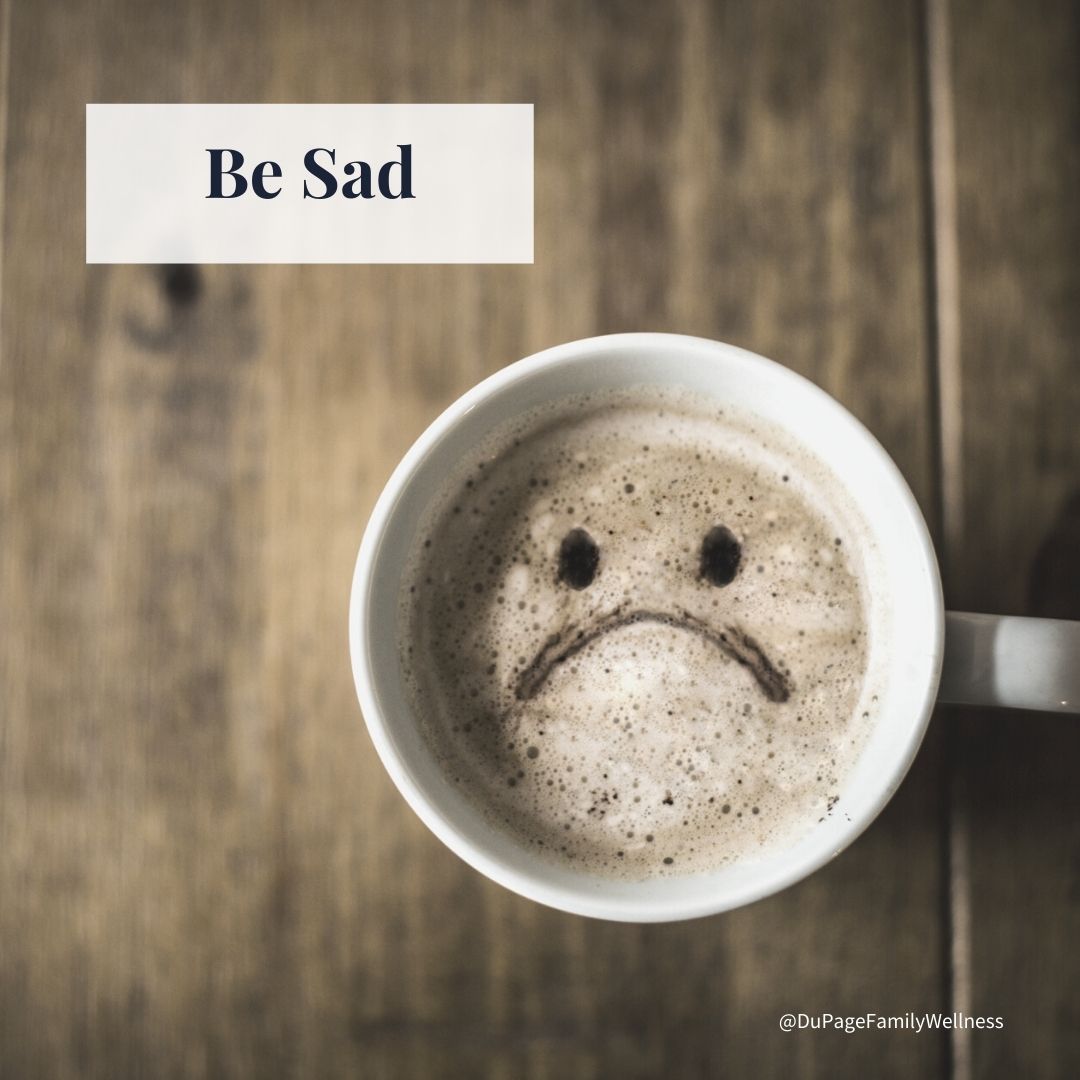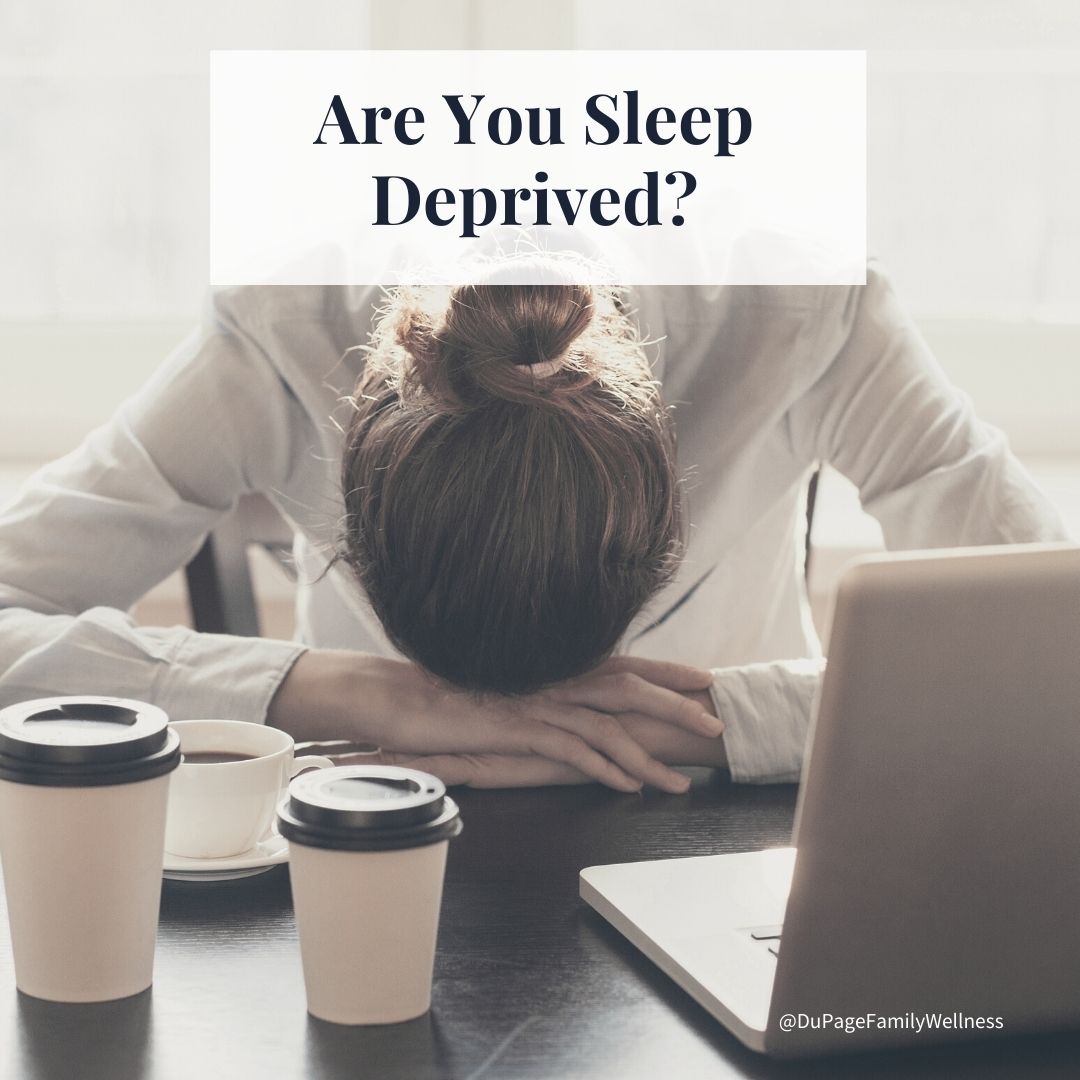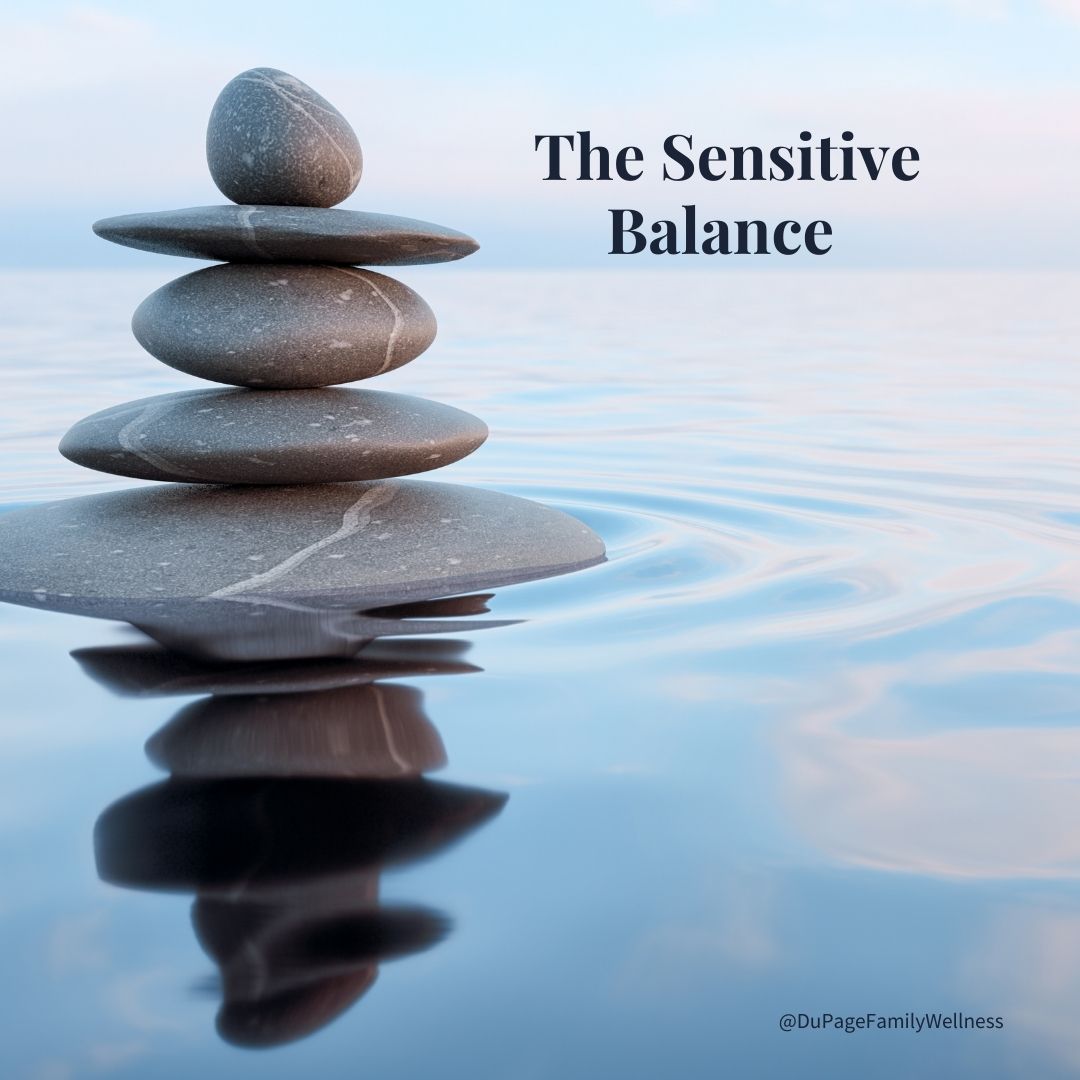 Everyone wants to be healthy, but there is so much conflicting information about how to achieve true health. We know that eating well is a huge part, but what exactly does it mean to eat healthily?
Everyone wants to be healthy, but there is so much conflicting information about how to achieve true health. We know that eating well is a huge part, but what exactly does it mean to eat healthily?
Many people claim that vegetarian or vegan diets are the way to go. But is giving up meat really the healthiest way to live? While everyone’s body is different, there are some general things to consider when evaluating these diets.
Let’s take a look to consider the concerns and see if they truly are all they claim to be.
The Basics
Let’s first define what we mean by a vegetarian or vegan diet. Most people know that being vegetarian means that you don’t eat meat, while vegans don’t eat any animal products at all (no honey, eggs, milk, cheese, etc.).
It is important to note that not all vegetarian/vegan foods are healthy. Just think about soft drinks, Oreos, potato chips, and candy. Many of them are free from animal products, but would not be considered healthy.
Meat Alternatives
Since vegan and vegetarians don’t eat meat, there is a big market for meat alternatives. In fact, in 2018 alone the plant-based industry brought in $3.3 billion. That’s a lot of money!
You can find just about any plant-based meat alternatives (chicken strips, hamburgers, bacon, breakfast sausage, etc.). But are these “meats'' really healthy alternatives? Well, unfortunately, these products contain a lot of questionable ingredients. This is why is it so important to always read your ingredient labels to make sure that most of what you are putting into your body are simple, real food ingredients.
Read more ...
 Pregnant moms get all sorts of questions. Is this your first? When are you due? Is it a boy or a girl? These questions are born out of excitement and anticipation, but some of these questions are not as straightforward as you may think.
Pregnant moms get all sorts of questions. Is this your first? When are you due? Is it a boy or a girl? These questions are born out of excitement and anticipation, but some of these questions are not as straightforward as you may think.
Consider the question, “When are you due?” While there may be a prescribed due date, what does that mean? Can we really predict with accuracy when the baby will be born?
There are so many factors that come into play. So, how much weight should we give these dates? And are there better methods of predicting a due date?
Let’s look at the history of how due dates are calculated and consider if our ideas about due dates are really accurate.
History
In the 1700’s, Hermann Boerhaave developed a method to calculate an estimated due date by studying the records of 100 pregnant women. He determined that adding 7 days from the last period and then adding nine months would result in an estimated due date. But Boerhaave never clarified whether this formula should use the first or last day of the woman’s period.
In the 1800’s Carl Naegele expanded Boerhaave’s thoughts, but he did not specify if the formula was based on the first or last date of the mother’s period either
For years doctors used the last day of the last period to calculate due dates. But by the 1900’s it became the standard to calculate it from the first day of the last period. Today this calculation is called “Naegele’s Rule.”
Read more ...
 We all want to be happy, but the reality is that life is more complex than simply being happy all the time. Being human means we will experience a range of emotions - joy, sadness, anger, compassion, frustration, and so many more!
We all want to be happy, but the reality is that life is more complex than simply being happy all the time. Being human means we will experience a range of emotions - joy, sadness, anger, compassion, frustration, and so many more!
There is a richness that comes when we embrace all these emotions, but many people really fight against the difficult ones. Trying to avoid difficult emotions may seem wise, but the truth is we need to learn to embrace all of our emotions.
Researcher and author Brene Brown explains that “we can not selectively numb emotions, when we numb the painful emotions, we also numb the positive emotions.”
Let’s take some time to consider how to handle these difficult emotions and explore if we are dealing with them in a healthy way!
Difficult Emotions NOT Welcome
As a child many people are given the message that their difficult emotions are not acceptable. It may be that their parents didn’t recognize the child’s emotions. They were simply told to “look on the bright side” or to “be grateful” for what they had. Some parents were so disconnected from their own emotions, that they couldn’t provide a healthy role model on how to handle intense feelings. Still other children were outright ridiculed for showing “negative” emotions, even being told “stop crying or I’ll give you something to cry about.”
These techniques are often used as an attempt to shut down the child’s emotion when it is uncomfortable for the adult. Even well meaning parents may use them as ways to distract children from dealing with difficult emotions when the emotion feels too big to handle. But having a parent gently accept and guide their child through these big emotions, is an important step in teaching the child to regulate their own emotions.
Without the ability to self regulate, people are often left either flooded by their emotions or trying to push the difficult emotions away. Being flooded by intense emotions can be really overwhelming, but pushing them away is damaging as well. When we “put on a happy face” before allowing ourselves to experience our emotions, we miss out on the valuable information those emotions are giving us.
Why Even Difficult Emotions Are Important
According to Psychiatrist Sheri Van Dijk, “emotions serve important functions and are very necessary, even though they can be really painful at times.” Emotions provide you with information, motivate you towards action, and help you communicate more effectively.
Instead of numbing our emotions, counselor Hannah Rose says, “we must show up for all of our emotional experiences, no matter how painful they are, or they are destined to continue manifesting in our lives in different ways... Actively processing and allowing ourselves to show up for our emotions is what heals all wounds.”
Leaning into difficult emotions and not avoiding them can actually open you up to a whole new experience. According to Brown, “mindfully practicing authenticity during our most soul-searching struggles is how we invite grace, joy, and gratitude into our lives.”
Embracing All Emotions
Here are some ways that you can start intentionally trying to embrace your emotions today.
- Recognize your emotions - If it is easier start with the positive emotions, and begin noticing what you feel. Ask yourself what you are feeling throughout the day. Make yourself name the emotion.
- Notice your body - Emotions often manifest themselves physically. If you have trouble noticing your emotions, listen to your body. Is your throat tight? Are your shoulders tense? Does your head or stomach hurt? These things are clues that can help you notice what you are feeling.
- Use a feelings chart - There are many feeling charts that provide some language around feelings. These can be very helpful for those who struggle to know how they feel. (A great one is the feeling wheel.)
- Repeat gentle mantras - Using a mantra can be a great way to release some of the judgement you may have towards yourself when you experience negative emotions, so that you can begin to accept difficult emotions. (i.e. “My feelings matter,” “It’s okay not to be okay,” “This suffering is part of the human existence,” etc.)
- Invite people you trust into your emotional world - We are often our own worst critics, judging ourselves for things we would lovingly accept in a friend. Sharing your feelings with a trusted friend who accepts and validates your emotions can be extremely helpful in learning to accept yourself.
- Visualize emotions like a wave - Waves rise up, peak, and then dissipate on the shore line. Like waves, you can’t hold emotions back without a huge amount of effort, so learning to let them wash over you without resisting is a valuable skill. Just like the wave releases the energy it carries when it crashes against the shore, the emotions energy will settle after it washes over you.
If you find that these exercises are ineffective or bring up more emotion than you are comfortable handling on your own, you may want to consider getting some extra support. A good therapist is skilled at helping clients navigate their emotional world and learn to self regulate. (If you would like a referral to a good therapist, please don’t hesitate to ask.)
It is never too late to learn to accept all our emotions and listen to what they are telling us. Leaning into difficult emotions can be scary at first, but ignoring them can lead to all kinds of trouble - emotionally, relationally, and even physically.
Dr. Jamie
 Between work, activities, and family, life can feel pretty overwhelming. You may feel like there aren’t enough hours in the day, so there simply isn’t time to get a good night’s sleep. But sleep is one of the most fundamental functions we do each day.
Between work, activities, and family, life can feel pretty overwhelming. You may feel like there aren’t enough hours in the day, so there simply isn’t time to get a good night’s sleep. But sleep is one of the most fundamental functions we do each day.
Without good sleep you will not only feel terrible, but you will begin to damage your body. So, how much sleep do you need, and how can you tell if you are getting enough?
Let’s dive into that question and see what your body needs to function at its best.
Sleep Research
Researchers took a group of people, put them in a stimulus free room for 14-24 hours a day, and monitored their sleep. There were no clocks, so subjects didn’t know when they were going to bed or waking up.
The first couple days of the study, sleep times averaged 12-20 hours per night! This seems to indicate that many of the subjects were in a “sleep debt” going into the study, meaning their bodies were trying to catch up from chronic undersleeping.
Over a few days, the participants' sleep began to average approximately 8 hours a night (with some sleeping more, and some sleeping less).
Read more ...
 Have you been enjoying a glass of wine in the evening? Do you enjoy a cocktail with your friends on occasion?
Have you been enjoying a glass of wine in the evening? Do you enjoy a cocktail with your friends on occasion? 

 Everyone wants to be healthy, but there is so much conflicting information about how to achieve true health. We know that eating well is a huge part, but what exactly does it mean to eat healthily?
Everyone wants to be healthy, but there is so much conflicting information about how to achieve true health. We know that eating well is a huge part, but what exactly does it mean to eat healthily? Pregnant moms get all sorts of questions. Is this your first? When are you due? Is it a boy or a girl? These questions are born out of excitement and anticipation, but some of these questions are not as straightforward as you may think.
Pregnant moms get all sorts of questions. Is this your first? When are you due? Is it a boy or a girl? These questions are born out of excitement and anticipation, but some of these questions are not as straightforward as you may think. We all want to be happy, but the reality is that life is more complex than simply being happy all the time. Being human means we will experience a range of emotions - joy, sadness, anger, compassion, frustration, and so many more!
We all want to be happy, but the reality is that life is more complex than simply being happy all the time. Being human means we will experience a range of emotions - joy, sadness, anger, compassion, frustration, and so many more! Between work, activities, and family, life can feel pretty overwhelming. You may feel like there aren’t enough hours in the day, so there simply isn’t time to get a good night’s sleep. But sleep is one of the most fundamental functions we do each day.
Between work, activities, and family, life can feel pretty overwhelming. You may feel like there aren’t enough hours in the day, so there simply isn’t time to get a good night’s sleep. But sleep is one of the most fundamental functions we do each day. 